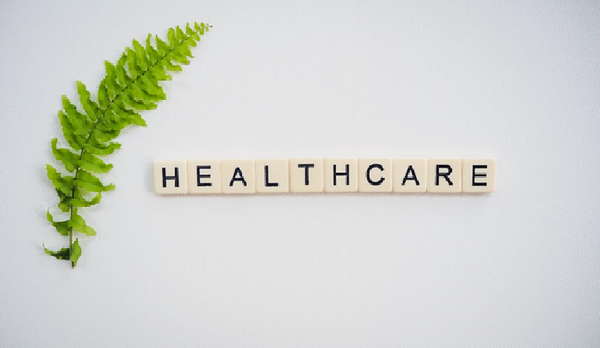Perhaps more than any industry, healthcare has been dramatically affected by the COVID-19 pandemic. In a matter of days or even hours, healthcare providers have had to pivot to change their approaches to managing, communicating with, and treating patients. Every Stakeholder has gone back to the drawing board and has had a relook at how they interact with the whole value chain of healthcare. Some key trends that are shaping the healthcare industry are:
- Leading Companies have to excel in empathy, safety, and convenience
- Consumers expect proactive customer support
- Fast 24×7 customer service will become the norm
- True Omnichannel comes to the fore
- Data privacy is sacrosanct and is non-negotiable
Patience Experience will take the spotlight and healthcare providers have to find a way to coerce the ecosystem to work in a way that the patient feels good and cured when treated. One-way companies are planning to do this is through Right Channeling, instead of treating right-channeling (getting customers to use the appropriate channel) as a nice-to-have, we predict more firms will proactively leverage automation, machine learning, and other technologies to guide customers to the right channel as they seek to cut costs and increase efficiency.
- Patient intake and registration are a considerable pain point for both providers and patients. Obtaining updated information about the patient, assessing patient insurance status, and understanding patient need prior to an appointment can be cumbersome and time-consuming, especially when this process is paper-based.
- Artificial intelligence (AI) is one of the most promising technologies in health care. For example, providers may be able to use predictive analytics to anticipate what their patients will need instead of merely reacting as new concerns arise
- Digital upgrades like electronic prescribing, medical alerts, and clinical flags can further reduce medication errors and measurably improve patient safety.
Of course, Tele-Medicine and Tele Consultation are becoming the new normal, especially post-pandemic. Deloitte suggests integrating smartphones at every point of care, from physicians being able to access a secure EHR to ordering diagnostic testing directly from the doctor’s device. All of these activities, including the telehealth visit, would be captured automatically into the HER
Deloitte also suggests that machine learning algorithms, which help computers “learn” in a way similar to humans, will help hospitals and medical practices with supply chain and inventory management. Technology is also added new automation to revenue cycle management, which can help with everything from past due A/R to payment processing.
It is important to note that technology in healthcare is not a one size fits all approach, it has to be curated by Markets, Geographies, and even submarkets and Hospitals.


